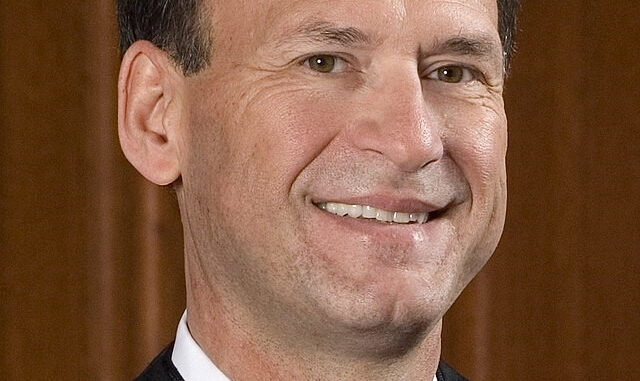
Zach Petroff | Opinions Editor
Oct. 6, 2022
On Monday, the U.S. Supreme Court began its new nine-month term that will include a slew of issues that will include race, religious liberty, environmental matters, election oversight and government regulation.
If the last term was any indication, it is reasonable to believe that there will be some monumental decisions that could have drastic effects on American policies. In a country already divided at almost every turn, it would only be natural for some to disapprove of the decision or the process in which the highest court in the land operates.
Yet, one justice has made it clear that those that question the legitimacy of the Supreme Court are “crossing a line.”
Right – because nothing sounds more democratic than when a non-elected, lifetime appointee through a partisan process with little oversight warns about “crossing a line” when it comes to matters of voicing dissent.
In a comment to the Wall Street Journal, Associate Justice Samuel Alito Jr. said, “It goes without saying that everyone is free to express disagreement with our decisions and to criticize disagreement with our decisions and to criticize our reasoning as they see fit. But saying or implying that the court is becoming an illegitimate institution or questioning our integrity crosses an important line.”
As highly regarded as the U.S. legal system is, there should be significant concerns with the Supreme Court. There have been some major decisions that seem to truly be out-of-touch with a majority of Americans– such as upholding the patriot act and ruling in favor of Citizens United and Exxon Oil.
The disagreement on decisions, whether valid or not, are not the only cause for concern.
The Supreme Court has a legitimacy problem that if ignored, could cause the scales of justice to crush many Americans.
Precedent is not applicable when referring to nominating a Supreme Court justice. One of the more recent examples of this is when President Barack Obama was denied consideration for a nominee by a Republican-led Senate. Senate-Majority Leader Mitch McConnell justified the refusal due to it being an election year.
Four years later, President Donald Trump would be in a similar situation. This time, with a Republican-led Senate, McConnell allowed Trump’s nomination to go through.
When there are no legal guidelines, we have to turn to precedent. When the precedent is warped by party politics, it very much damages the legitimacy of the institution.
There is a hypocrisy to the fundamentals of a republic when you consider that a president that did not win the popular vote has put three justices on the bench. That same president is also being investigated for his role in the attempt to violently overthrow our democracy.
The wife of one of the current justices, Virginia Thomas, is a conservative activist and participant in the “Stop the Steal” rally on Jan. 6. Her husband, Justice Clarence Thomas, was the Supreme Court’s lone dissent when it rejected Trump’s attempt to withhold documents from the Jan. 6 committee.
It is not hard to not question the legitimacy in a group that has established an immoral pattern of putting their politics ahead of their duty.

